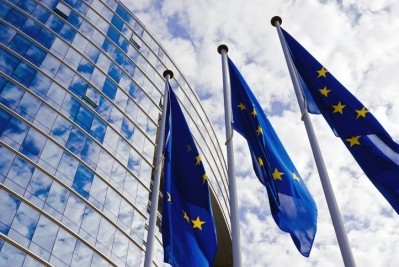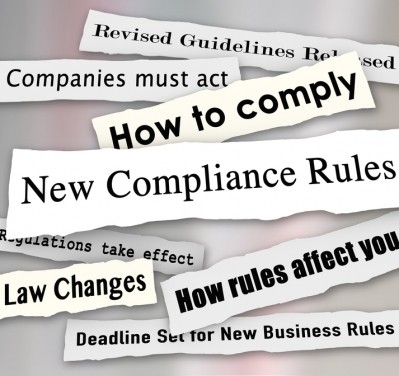Possibility of pre-submission meetings with groups of applicants on cards: EFSA
EFSA told to improve 'bilateral communication' with feed industry

Roughly 120 participants working in the field of feed additives met with European Food Safety Authority (EFSA) staff along with experts from its Panel on Additives and Products or Substances used in Animal Feed (FEEDAP) and two representatives of the EU Commission.
The event, held over two days - 5 and 6 May - was billed as a way to increase the Authority's interaction with feed stakeholders.
A spokesperson for EFSA told us delegates did call on the risk assessor to "continue to improve bilateral communication".
The feed additive attendees also said the Authority should include industry experts in working groups, should align applications with more recently published EFSA guidance documents and should “increase consistency in different opinions and fields where the same compound is used for different purposes.”
Clarification was also sought around the role of EFSA in terms of EU risk assessment and risk management processes.
Guillermo Jimenez, technical manager at Rubinum, who attended the 5 May section of the technical meeting, told FeedNavigator that EFSA needs to initiate pre-submission meetings with applicants to ensure the risk assessment process is fully understood
Such exchange, he said, should be “similar in style to the constructive and interactive meetings run by the US Food and Drug Administration (FDA) or the European Medicines Agency (EMA) in their product risk assessment processes.”
When we put that to the Parma based risk assessor this morning, a spokesperson said: “EFSA is not considering pre-submission meetings with individual applicants. However in future, there might be the possibility of pre-submission meetings with groups of applicants, as part of the Open EFSA initiative. But nothing is decided yet.”
Insights into revaluation process
Relaying the highlights of last week’s two day meeting, the EFSA spokesperson said representatives from the EU Commission, the EFSA FEED Unit and the FEEDAP Panel along with trade associations gave an update on the status of the re-evaluation of feed additives form their respective stance:
“This included statistics on the number of dossiers presented, assessed and on-hold, the number of authorizations granted and the main issues identified during the assessment. In this session EFSA’s applications helpdesk also presented the catalogue of support initiatives available during the lifecycle of applications for regulated products."
In a session covering the renewal of authorizations, the Commission and the European Union Reference Laboratory for Feed Additives (EURL) presented the legal background for the renewal of the authorizations and the role of the EURL in the process:
“EFSA staff and an expert of the FEEDAP Panel presented the guidance on renewals, which was already submitted for public consultation before the adoption, and explained in detail the Panel’s expectations. A feed industry representative talked about their expectations and their approach in preparing the dossiers for renewal of an authorization,” said the spokesperson.
He said the meeting also included a general discussion on a range of issues, both procedural and scientific, related to the assessment of feed additives, such as decisions taken by the FEEDAP Panel regarding study design not already included in guidance documents. This session also allowed EFSA to address questions submitted by the participants during the event’s registration process.
Also reviewed were the challenges related to the assessment of chemically defined flavorings – he said participants discussed an industry proposal for safety studies in target animals with flavoring mixtures, and key issues around the assessment of botanical flavorings were also discussed.















